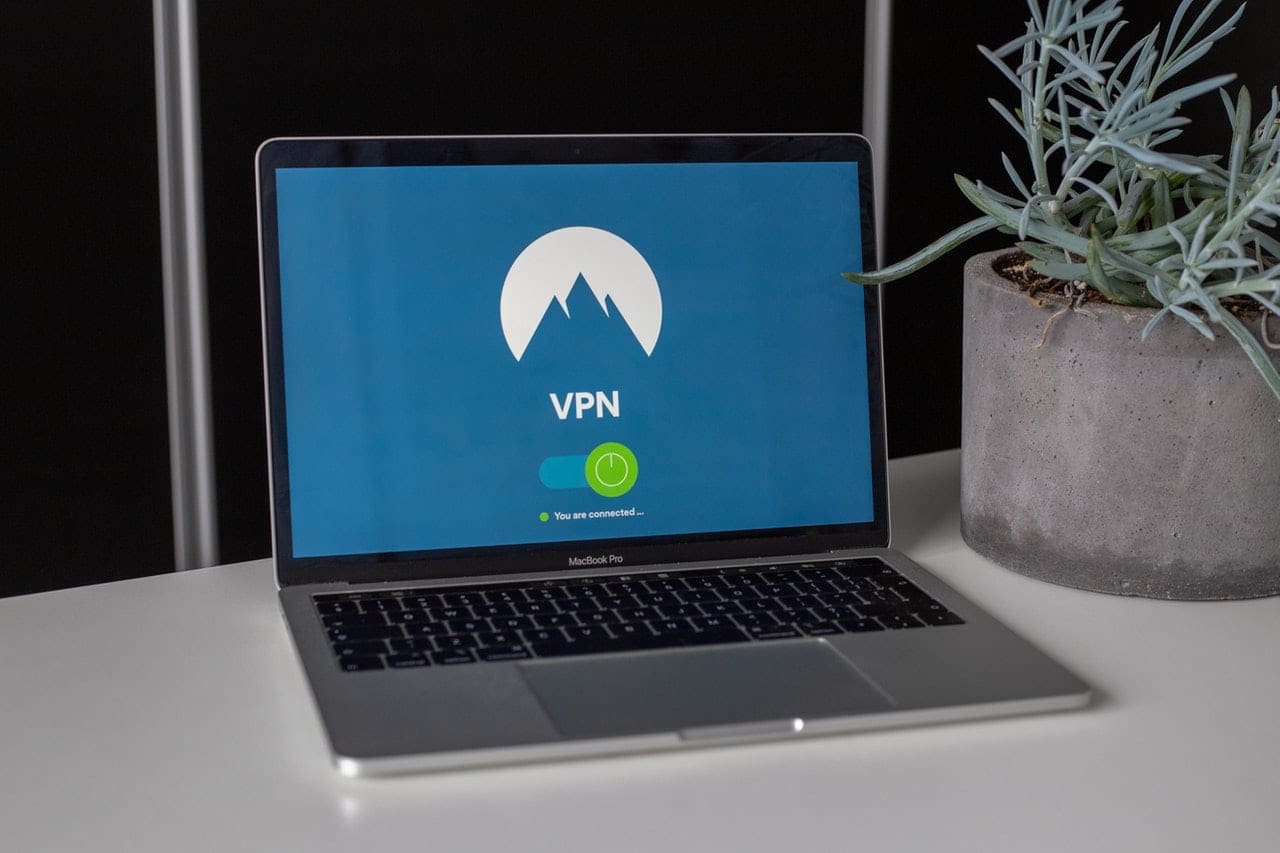The short answer is that using OpenVPN will improve your internet security. The longer answer is a bit more complicated than that. The OpenVPN protocol is the standard VPN protocol, it’s supported on all platforms. It’s fast and offers the best security available – as far as safety goes, you really can’t do any better.
Tip: A VPN protocol is the standardised features, settings, and rules that are used to configure the actual VPN connection between your device and the VPN server.
Most VPN providers offer OpenVPN as a potential VPN protocol, but unfortunately, it is not always the default. Often “faster” protocols such as IKEv2 or PPTP are set as the default, and while these protocols are technically faster than OpenVPN, the difference would be measured in milliseconds at the most and can realistically be ignored. These alternatives are also generally weaker, either not offering the same levels of encryption or in PPTP’s case having fundamental weaknesses that mean it should be avoided.
Tip: Encryption is a method of scrambling data with an encryption cipher and encryption key so that the data can only be read with the encryption key. The strongest available encryption algorithm is 256-bit AES, which has 2^256, or 2 multiplied by itself 256 times, possible encryption keys. The number of possible encryption keys is so high that scientists believe that there are fewer atoms in the universe. Even if you had dedicated access to multiple supercomputers for centuries, you still wouldn’t have the processing power to be able to correctly guess the encryption key.
OpenVPN is the best available VPN protocol, if it’s offered by your VPN provider you should use it. Some newer protocols again claim faster speeds, this time with equivalent encryption options. These newer protocols, however, haven’t had as much time to be thoroughly analysed by security experts and may not be as secure as they seem. In comparison, OpenVPN offers the best available encryption options and is a mature, stable, and thoroughly reviewed product.




